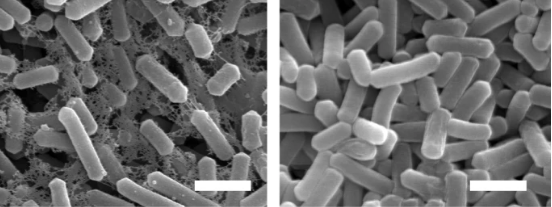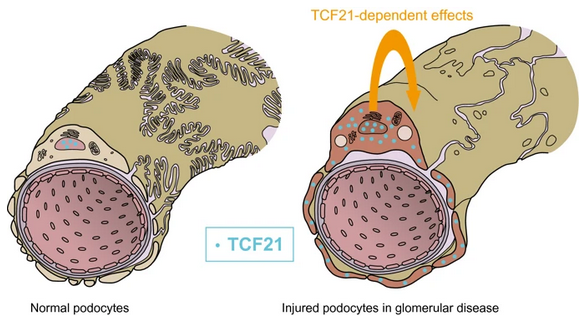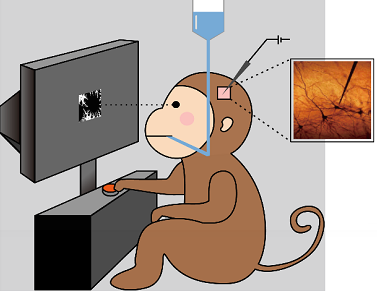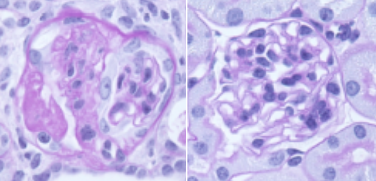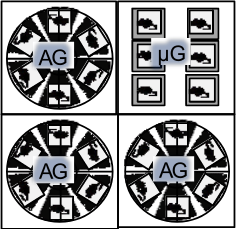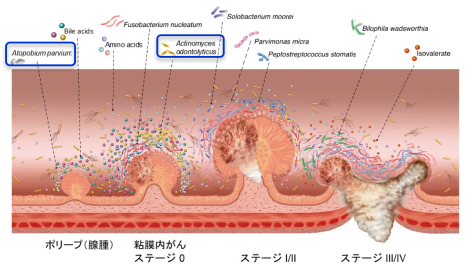Signal dynamics of midbrain dopamine neurons during economic decision-making in monkeys
Key Points:
- 1. Discovery of previously unknown mechanism in which dopamine neurons support rational decision making.
- 2. Activity dynamics of dopamine neurons translates "value information" of an option into a "selection command" of whether or not to select an option.
- 3. This conversion process was completed faster in dopamine neurons than in the frontal lobe, which was previously thought to be the center of decision making. This indicates that evolutionarily conserved midbrain dopamine neurons are an important neural base supporting rational decision making.
HHEX promotes myeloid transformation in cooperation with mutant ASXL1
• Mutant ASXL1 and HHEX promote myeloid leukemogenesis via upregulating the expression of MYB and ETV5. • Inhibition of the HHEX-MYB/ETV5 axis would be a promising therapeutic approach for myeloid malignancies harboring ASXL1 mutations.
→ Journal - Blood 2019 :blood.2019004613
Main Points
• Existing leukemia drug can suppress worsening renal damage.
Pre-publication Release
(TMRC research collaboration with Tokyo University of Science)
Discovery of lipids that control insulin sensitivity in the liver.
Researchers at TMRC and the University of Tsukuba piece together a complex cascade of events in the liver that could someday help to develop targeted therapies for insulin resistance. Deleting a liver enzyme lowers the health risk of sweet treats (at least in mice).
Invitation for Joint Research in Production of Genetically Modified Mice
The Transborder Medical Research Center (TMRC) and the Life Science Animal Resource Center is calling for suitable parties who are interested in research collaborations for the production of genetically modified mice. Interested parties may refer to the “Transborder Medical Research Center (TMRC) Joint Research Application Guidelines” linked below and contact Professor Satoru Takahashi for more details.

• Metagenomic and metabolomic markers to discriminate cases of intramucosal carcinoma from healthy controls were identified.
• Data indicates shifts in the microbiome and metabolome from early stages of the development of colorectal cancer.
→ Nature Medicine DOI https://doi.org/10.1038/s41591-019-0458-7
